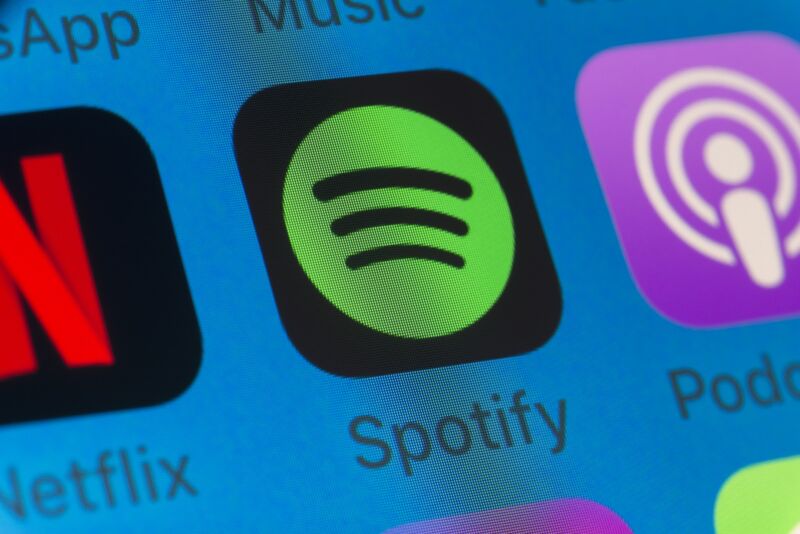Find out the week’s top mobile stories from around the world. Headlines this week include… Hacker claims responsibility for T-Mobile attack, Google and mobile operating systems top list of privacy concerns, Netflix starts testing games in its Android app and much more…

WhatsApp issued second-largest GDPR fine of €225m
BBC
WhatsApp has been fined €225m (£193m) by Ireland’s data watchdog for breaching privacy regulations.
It is the largest fine ever from the Irish Data Protection Commission, and the second-highest under EU GDPR rules.
Facebook, which owns WhatsApp, has its EU headquarters is in Ireland, and the Irish regulator is the lead authority for the tech giant in Europe. WhatsApp said it disagrees with the decision, and the severity of the fine, and plans to appeal.
Read more…
South Korea passes ‘Anti-Google law’ bill to curb Google, Apple in-app payment commission
TechCrunch
After a number of delays, South Korea’s National Assembly today voted to approve the passage of its “Anti-Google law.” Nicknamed after the search giant but more wide-ranging, the law will prevent Google and Apple from forcing developers to use their in-app billing systems when building apps for their two market-dominating app stores.
This is the first time globally that a government has intervened to prevent Google and Apple from imposing their own payment rails on in-app purchases.
Read more…
Apple will let video and music apps—but not games—link to other payment options
Ars Technica
Apple has made another concession related to its restrictive App Store rules, saying that it will let several types of media apps link to their own websites, where users can purchase subscriptions without Apple getting its usual commission. Apple was forced to make the change to settle an investigation by the Japan Fair Trade Commission (JFTC). The change will take effect in early 2022, Apple said in an announcement yesterday.
“The update will allow developers of ‘reader’ apps to include an in-app link to their website for users to set up or manage an account,” Apple said. “While the agreement was made with the JFTC, Apple will apply this change globally to all reader apps on the store. Reader apps provide previously purchased content or content subscriptions for digital magazines, newspapers, books, audio, music, and video.”
Read more…
Can Blockchain Still Be Used To Supercharge Mobile Privacy?
TechGenyz
One of the most disruptive technologies to come along and change almost every industry for the better has been blockchain technology. Not only has its capabilities and functions been sought after in the financial banking world and healthcare, its features now might have a place in online privacy and security for the mobile world, revolutionizing and protecting our futures.
Since its introduction as a supportive technology with the announcement and use of Bitcoin, Blockchain has become a solution technology solving many problems. Giant tech organizations such as Microsoft, Samsung, IBM, and Amazon have all launched their own competitive blockchain services, reflecting its potential.
Zero Trust, Mobile Banking and the Age of Continuous Authentication
PYMNTS
Right now — and this might surprise you — desktop internet banking still reigns supreme, largely because so many of us have been working from home and conducting life via laptop.
But mobile banking is gaining fast on desktop internet banking. Along the way, banking apps need to get faster, smarter — and they need to be trusted by the consumers using them.
We live in an age where data breaches are all too common, however, where account takeovers are a key goal of the fraudsters, where SMS messages from the bank can be intercepted and leveraged to fool unwitting consumers.
Read more…
Why isn’t IoT the ubiquitous technology we once expected to see?
TechNative
When the Internet of Things (IoT) arrived over a decade ago, it came with the hope and promise of revolutionising our lives by connecting everything to the internet, making our lives easier and automating away simple tasks
However, fast forward ten years and we haven’t really seen the progress that was originally promised. Wearables and specifically watches have gained traction, but IoT’s wider impact on other areas of our lives simply hasn’t kept pace.
Read more…
Consumers Are Wild About Mobile Gaming—and They Don’t Mind Ads
Ad Week
Disrupted routines often reshape the way we spend free time, and the realities of the pandemic have meant that nearly everyone’s daily life has seem some significant changes.
For many, that’s meant discovering new games on their phones—and realizing that they prefer gaming to Netflix or other video streaming services.
According to a recent survey from Deloitte Digital, which managing director Adam Deutsch walked attendees through at today’s Adweek: Elevate Mobile Gaming virtual event, the number of Gen Z and millennials who rank gaming as their favorite entertainment activity jumped by 5% and 3% since last year, respectively.
Read more…
The truth about alternative app stores and monetization for mobile games
Mobile Marketing Magazine
When marketing your mobile app it is important to be aware of the rules, regulations and monetization methods in place for getting featured across different app stores. However, this substantial requirement can often lead to myths and common misconceptions that actually prevent developers from leveraging lucrative alternative app stores. In this article, we share the truth about OEM monetization and outline how it can be leveraged to reach your marketing company goals.
Read more…
Google tipped for more US scrutiny
Mobile World Live
The US Department of Justice (DoJ) reportedly prepared to file a second antitrust lawsuit against Google, potentially adding to pressure on the search giant to reform its advertising business.
Bloomberg reported regulators stepped-up an investigation of Google’s digital advertising business, with plans to potentially file the latest lawsuit this year.
The DoJ filed a suit in 2020 accusing Google of monopolising the search and advertising markets, while a group of 35 US states also took action some months later.













